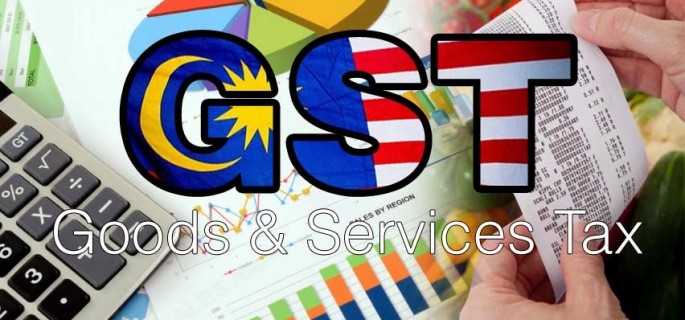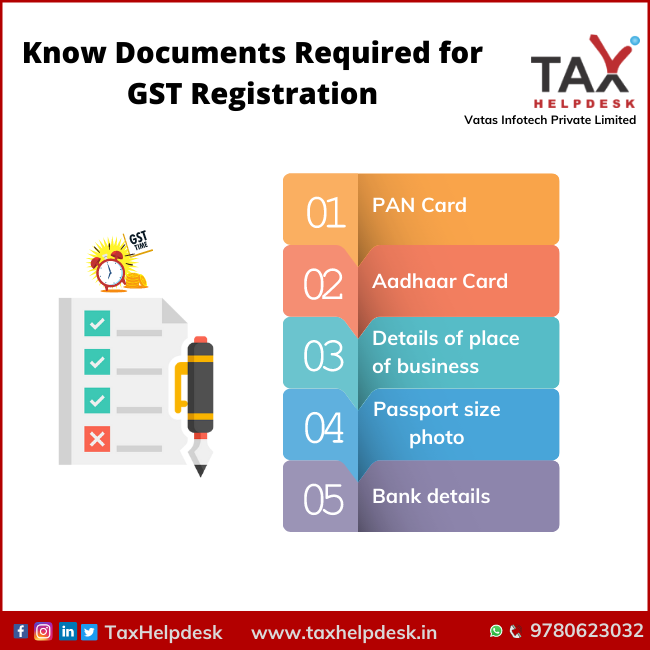Necessary Guide to Singapore GST Registration for New Businesses
The Ultimate Overview to Simplifying the GST Enrollment Refine and Needs for Small Business Owners

Comprehending GST Basics
To realize the basics of the Goods and Solutions Tax Obligation (GST) system, small organization proprietors have to initially recognize its underlying ramifications and concepts. Under the GST regimen, businesses are called for to register and gather tax on part of the government, making certain openness and conformity.
One of the vital concepts of GST is input tax credit rating, which permits services to assert credit history for taxes paid on their acquisitions. Understanding these standard principles is important for little organization proprietors to navigate the complexities of the GST system and ensure compliance with the legislation.
Qualification Requirements for Enrollment
Having actually developed a fundamental understanding of GST principles, little service owners must now meet particular qualification standards to proceed with the registration procedure. In India, entities participated in the supply of products or solutions with an annual accumulation turn over surpassing Rs. 40 lakhs (Rs. 10 lakhs for unique group states) are required to register for GST. Additionally, particular businesses such as those entailed in inter-state supply of goods, informal taxed persons, and those called for to pay tax obligation under the reverse charge device have to register for GST irrespective of their turnover. Organizations that were registered under the previous tax regime (VAT, service tax, and so on) are likewise mandated to sign up under GST. However, farming companies that only supply create out of key manufacturing are exempt from GST enrollment. It is critical for local business owner to meticulously evaluate their qualification based on these criteria to guarantee compliance with the regulation and stay clear of any type of charges for non-compliance.
Files Needed for GST Enrollment

Simplified Registration Process Actions
Following the collection and verification of the requisite records, the registration process for GST can be navigated with a collection of streamlined steps developed to assist in reliable conformity for small company owners. The primary step includes visiting the GST site and choosing the 'New Enrollment' alternative. Subsequently, the candidate needs Read Full Report to complete Component A of the GST REG-01 form with information such as frying pan, mobile number, and e-mail address to obtain an OTP for confirmation. As soon as the OTP is received and gone into, a Short-term Recommendation Number (TRN) is produced for further process. The next step calls for filling up out Part B of the form with essential organization details, publishing sustaining papers, and finishing the verification process using DSC or EVC. Finally, upon successful verification, an Application Recommendation Number (ARN) is released, suggesting the conclusion of the GST enrollment process. By adhering to these streamlined steps, small company owners can effectively register for GST and make sure conformity with tax policies.
Tips for Ensuring Conformity
To preserve regulatory adherence and functional honesty, persistent oversight and proactive steps are pivotal in making sure conformity with GST requirements for little company owners. Tiny organization proprietors should stay updated with GST regulations, submitting deadlines, and any adjustments in tax rates to stay clear of charges and keep an excellent standing with tax authorities. Participating in GST recognition workshops or training programs can enhance understanding and compliance visit this web-site with GST laws, eventually profiting the company in the long run.
Final Thought
To conclude, small company owners need to understand the fundamentals of GST, satisfy the eligibility standards, gather necessary documents, and follow the streamlined enrollment process actions to guarantee conformity. By streamlining the GST registration process and demands, small service owners can avoid fines and run their services efficiently within the lawful structure - Singapore GST Registration. It is important for small company owners to remain certified and enlightened with GST regulations to preserve a successful business procedure
Small organization proprietors seeking GST registration must ensure they gather this hyperlink and submit the necessary files to finish the enrollment process efficiently. The documents needed for GST enrollment normally include evidence of service enrollment or unification, FRYING PAN (Long-term Account Number) card of the service address, identity and entity proof of the promoters/partners/directors, photos, address proof of the location of business, financial institution account statements or terminated cheques, and permission kinds. Participating in GST understanding workshops or training programs can enhance understanding and conformity with GST policies, ultimately profiting the business in the long run.
By simplifying the GST enrollment process and requirements, small business proprietors can prevent charges and operate their organizations smoothly within the lawful framework. It is vital for small organization owners to remain educated and certified with GST laws to maintain an effective company procedure.